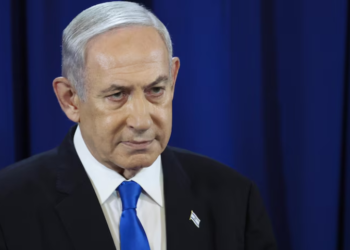Islamabad, December 9, 2024: Pakistan ranked among the bottom 12% globally in mobile and broadband internet speeds during October 2024, according to data from Ookla’s Speedtest Global Index.
The report placed Pakistan 100th out of 111 countries for mobile internet speeds and 141st out of 158 countries for broadband speeds. Over recent months, users across Pakistan have reported sluggish internet performance, difficulties downloading media on WhatsApp, and intermittent connectivity issues.
The country’s frequent internet disruptions have been compounded by reports of restricted access to Virtual Private Networks (VPNs), widely used to access platforms like X (formerly Twitter) and other restricted websites.
The World Population Review, using data from Ookla’s Speedtest Global Index and Cable, noted Pakistan’s mean download speed at 7.85 Mbps, with median mobile download speeds of 19.59 Mbps and broadband speeds at 15.52 Mbps.
A May 2023 report on Pakistan’s digital landscape and human rights highlighted similar concerns, ranking the country among the lowest globally for internet speeds.
Speculation about the installation of a “firewall” to control internet traffic gained traction earlier this year. In August, Minister of State for Information Technology and Telecommunication, Shaza Fatima Khawaja, confirmed the government was upgrading its “web management system” to address cybersecurity threats.
“The government has been operating a web-management system, and it is now being upgraded,” Khawaja said, dismissing claims of intentional disruptions. She emphasized the necessity of cybersecurity measures, citing millions of daily cyberattacks targeting Pakistan.
However, Amnesty International called for transparency regarding the internet slowdowns and the alleged use of surveillance technologies. “The opacity of Pakistani authorities on monitoring and surveillance practices is alarming,” the rights group stated.
In November, the interior ministry proposed a ban on unregulated VPN use, claiming terrorists exploit them for financial transactions and accessing restricted content. The Pakistan Telecommunication Authority (PTA), which denied imposing restrictions on VPNs, urged users to register their VPNs by November 30 to avoid service disruptions.
However, by December, the interior ministry withdrew its request due to insufficient legal grounds. Sources cited misinterpretation of clauses in the Prevention of Electronic Crimes Act (PECA) 2016, which undermined the case for banning unregistered VPNs.
The debate underscores the broader challenges Pakistan faces in balancing cybersecurity, digital rights, and internet access in a rapidly evolving digital landscape.








